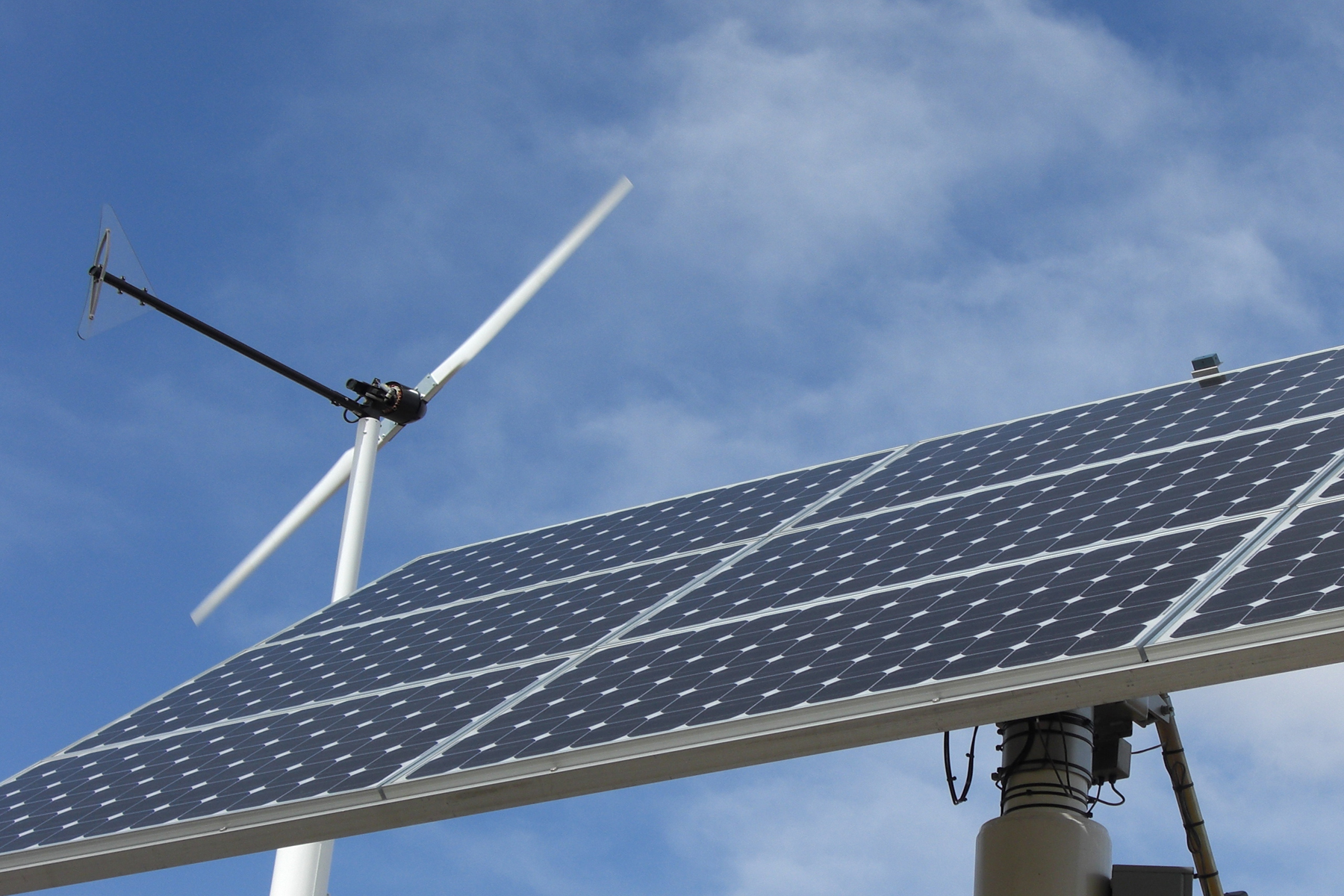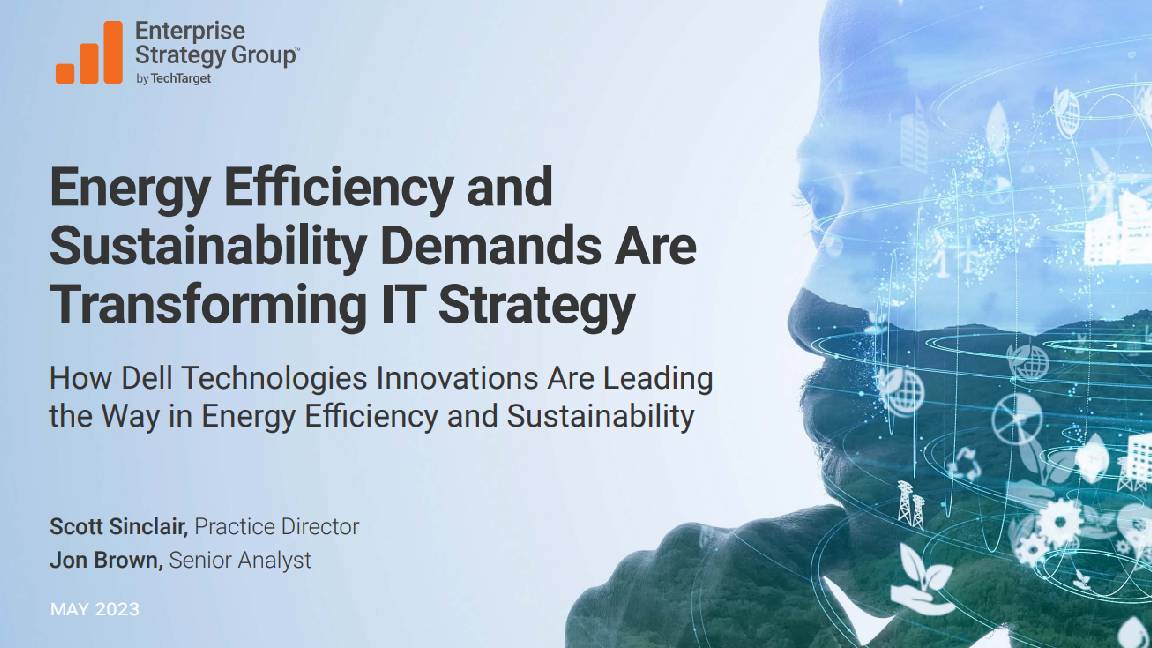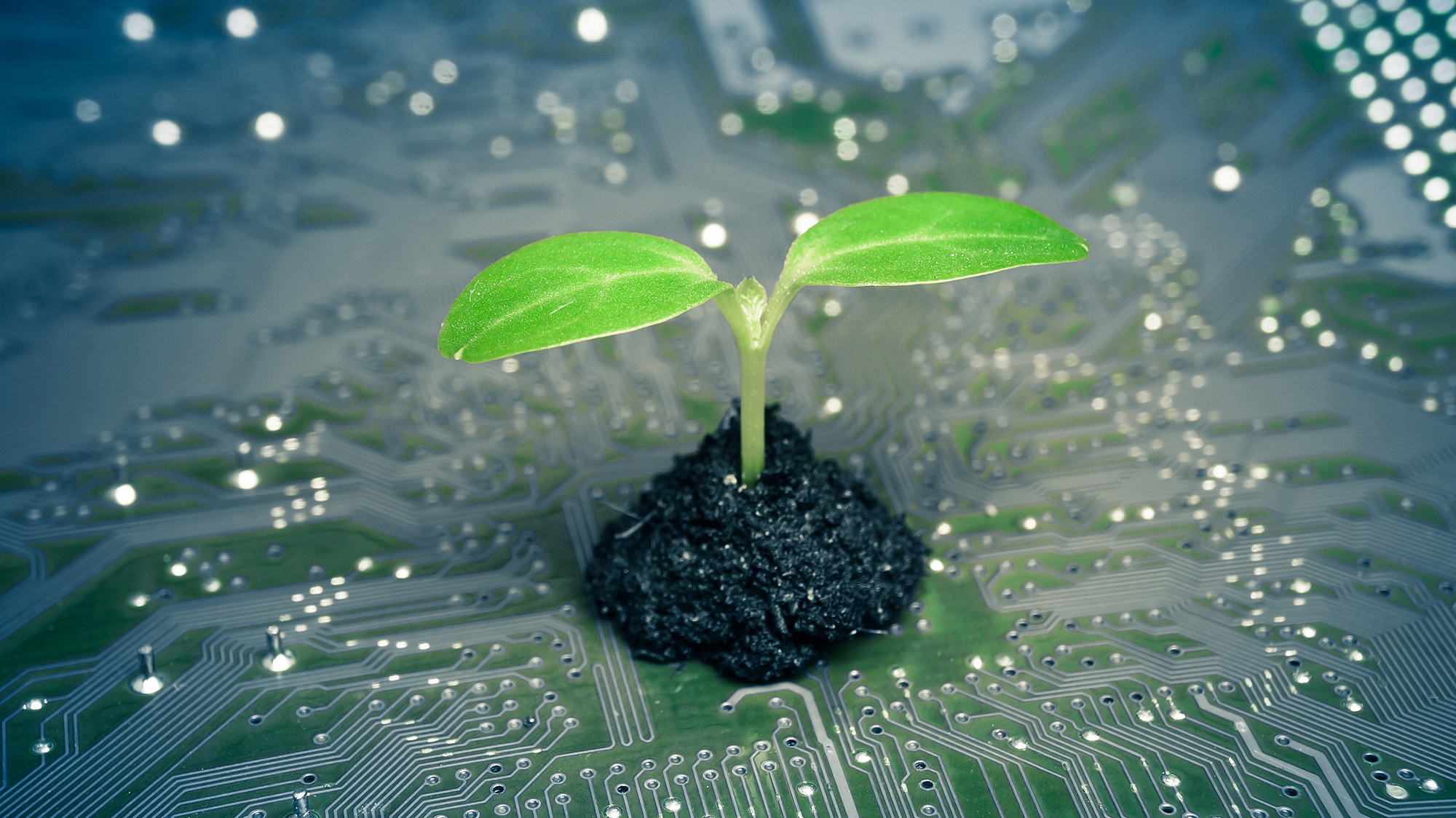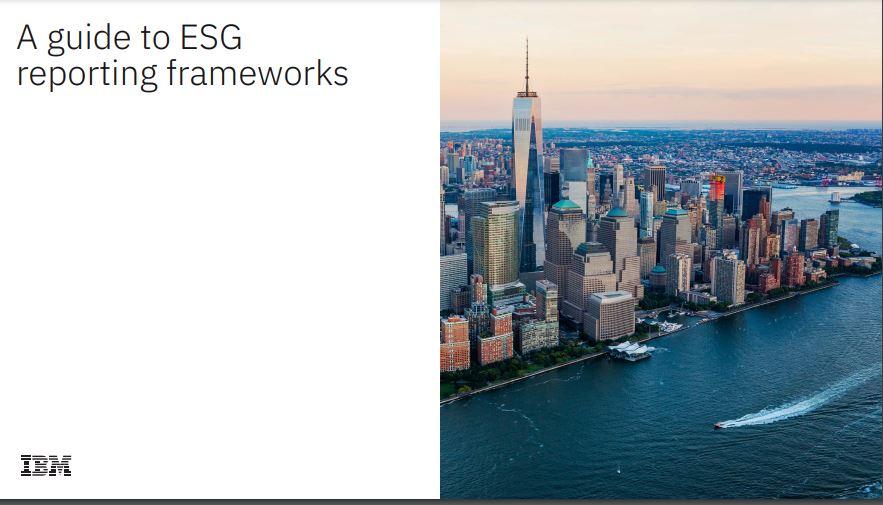Google aims to go carbon-free by 2030
“We’re proud to do our part, and to help move the world closer to a carbon-free future for all,” said Pichai

Google announced today it aims to run on carbon-free energy by 2030.
Google CEO Sundar Pichai called the carbon-free target a “stretch goal” in an interview with Reuters. He explained it would force Google to move beyond offsetting its carbon emissions and require technological and political breakthroughs.
“The problem is so immense, many of us need to lead the way and show solutions,” Pichai said. “We’re one small player in this, but we can set an example.”
Last year, wind, solar and other renewable energy sources accounted for 61% of Google’s global hourly electricity usage. The percentage varied by facility, as carbon-free sources fulfilled 96% of hourly power needs at Google’s Oklahoma data center, while its gas-reliant Singapore location had only 3% carbon-free power.
Pichai says he’s optimistic Google can bridge that gap by using emerging sources such as geothermal reservoirs, batteries to store solar power overnight and managing its overall power needs better.
“To plan 24/7 hourly being carbon-free in our data centers and campuses around the world, we see an enormous logistics challenge, which is why we’ve been hard at work modeling the last year how to get there,” Pichai said. “And we feel confident we can get there by 2030.”
To reach its goals, the tech giant is investing in technologies to help its partners and people make sustainable choices. For example, Google is committed to helping 500+ cities and local governments globally reduce 1 gigaton of carbon emissions annually by 2030.
Sign up today and you will receive a free copy of our Future Focus 2025 report - the leading guidance on AI, cybersecurity and other IT challenges as per 700+ senior executives
Google is also working with a network of environmental organizations on a science-based approach to reforestation and restoration. It’s launched a €10 million ($11.9 million) Google.org Impact Challenge in Europe to support sustainability ideas and projects.
Google estimates its commitment to carbon-free energy will generate more than 20,000 new clean-energy jobs by 2025.
“We’re optimistic that by harnessing new technologies, investing in the right infrastructure and tools, and empowering partners, nonprofits and people, this can be the most decisive decade for climate action yet. We’re proud to do our part, and to help move the world closer to a carbon-free future for all,” Pichai concluded.
-
 The modern workplace: Standardizing collaboration for the enterprise IT leader
The modern workplace: Standardizing collaboration for the enterprise IT leaderHow Barco ClickShare Hub is redefining the meeting room
-
 Interim CISA chief uploaded sensitive documents to a public version of ChatGPT
Interim CISA chief uploaded sensitive documents to a public version of ChatGPTNews The incident at CISA raises yet more concerns about the rise of ‘shadow AI’ and data protection risks
-
 Beyond the upgrade: How to maximize IT investments and minimize waste
Beyond the upgrade: How to maximize IT investments and minimize wasteHow to maintain optimal performance and productivity with your fleet of hardware and stave off the next upgrade cycle for a bit longer
-
 Energy efficiency and sustainability demands are transforming IT strategy
Energy efficiency and sustainability demands are transforming IT strategywhitepaper How Dell Technologies innovations are leading the way in energy effiency and sustainability
-
 Energy efficiency and sustainability demands are transforming IT strategy
Energy efficiency and sustainability demands are transforming IT strategywhitepaper How Dell Technologies innovations are leading the way in energy effiency and sustainability
-
 Your guide to smarter printing: 2024 edition
Your guide to smarter printing: 2024 editionWhitepaper Making smarter printing simple for all businesses
-
 How to empower employees to accelerate emissions reduction
How to empower employees to accelerate emissions reductionin depth With ICT accounting for as much as 3% of global carbon emissions, the same as aviation, the industry needs to increase emissions reduction
-
 How much say does IT really have in sustainability initiatives?
How much say does IT really have in sustainability initiatives?ITPro Network Vendors are ready to proclaim their green credentials, but as members of the ITPro Network explain, making changes on the ground can be complex
-
 ESG: Designing the ideal digital work experience for the next generation of innovators
ESG: Designing the ideal digital work experience for the next generation of innovatorsWhitepaper What users want, why it's critical to give it to them, and how the whole organization can benefit
-
 A guide to ESG reporting frameworks
A guide to ESG reporting frameworksWhitepaper Guidelines to assist with your approach to ESG reporting